Séminaire par Mihaela BACALUM

Jeudi 12 Septembre 2019 - 10h30 - Salle Maroni / MHT
Mihaela BACALUM, de Horia Hulubei National Institute for R&D in Physics and Nuclear Engineering (IFIN-HH), fera une présentation intitulée: "Antimicrobial peptides and membrane interactions in antitumor therapy"
Antimicrobial peptides (AMPs) represent an ancient innate defense system of the living organism against a wide variety of pathogens, especially bacteria. However, cationic peptides also display a high specificity for cancer cells due to the differences found between the membrane of the normal and cancer cells. This is dictated by an increase in the membrane of cancer cells of the anionic molecules like phosphatidylserine, facilitating peptide-membrane interaction. Up until now, based on the peptides structures, a few models were proposed to describe the peptide-membrane interactions: barrel-stave model, detergent like model and toroidal pores. However, their action mechanisms can be influenced by changes in membrane properties: different composition, changes in membrane fluidity or charges.
Considering that the plasma membrane has a protective role for cells, but also represents the first gateway for the peptides or other antitumor agents to enter the cells, fully understanding the way the peptides interact and affect them is essential in helping the researchers to develop more efficient treatments in the future. Fluorescent lipid membrane probes (Laurdan, TMA-DPH, DPH) can be used to probe different regions in the lipid membranes and can monitor fluidity and lipid order changes induced by external factors.


